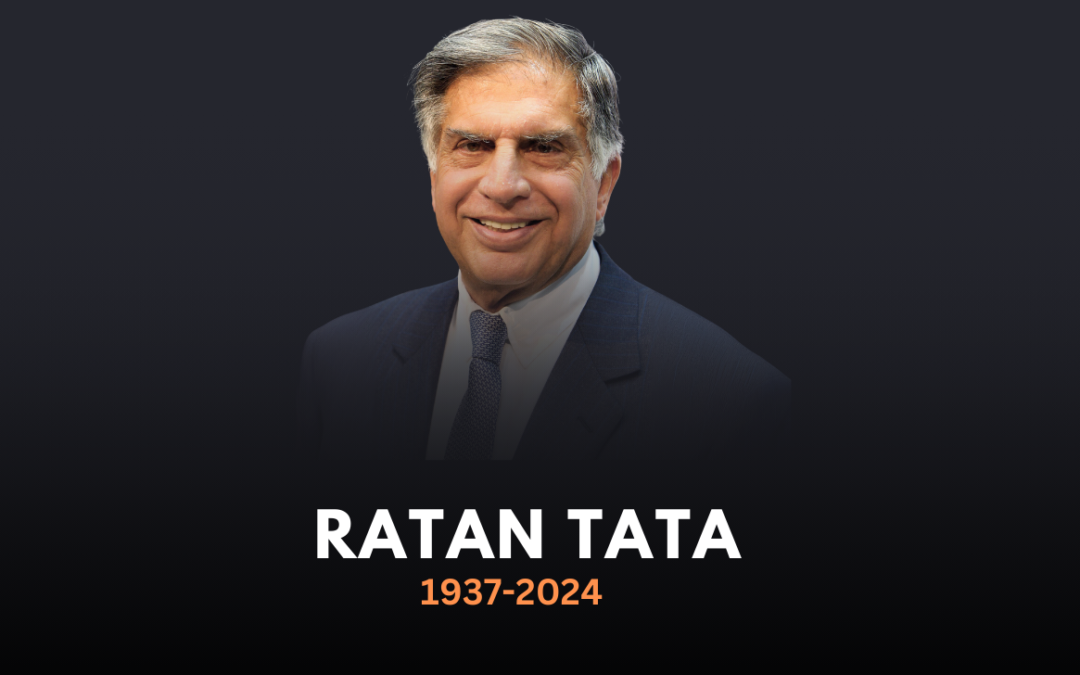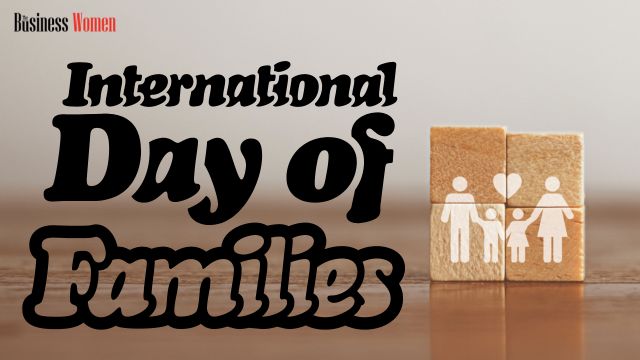The decision between pursuing a job or venturing into your own business carries profound implications for your career and lifestyle. Each option comes with its set of advantages and disadvantages, making it imperative to thoroughly evaluate all facets before making a choice. To guide you in making an informed decision aligned with your aspirations, we will delve into the pros and cons of various career paths and organisational structures in this blog.
Stability and Security
The stability and security offered by employment stand as prominent advantages. A job provides a sense of financial security through consistent paychecks, benefits, and legal protections. This security is especially vital during uncertain economic periods. Government jobs, in particular, come with additional benefits like pensions and job stability, enhancing their appeal.
On the contrary, embarking on a business venture often involves heightened risks and uncertainties. Financial challenges and irregular cash flows can pose significant hurdles during the initial stages. In the realm of stability and security, a job emerges as the superior choice due to its provision of financial stability.
Independence and Flexibility
Creating your own business grants you a greater degree of independence and flexibility. As a business owner, you have the autonomy to set your own work hours, make pivotal decisions, and pursue your entrepreneurial visions. This independence empowers you to adapt to market dynamics and explore new opportunities. However, it is essential to acknowledge that entrepreneurship also carries higher responsibilities, risks, and uncertainties.
In contrast, jobs often necessitate adherence to established structures and hierarchies, limiting your influence over crucial aspects of your work. When it comes to independence and flexibility, business ownership offers a compelling edge despite its accompanying challenges.
Financial Potential
While jobs provide a dependable income source, businesses harbour the potential for greater financial rewards. Over time, successful businesses can amass substantial wealth. As a business owner, you have the opportunity to enhance your earning potential, expand your customer base, and build equity. Nevertheless, it is crucial to recognise that not all businesses thrive, and wealth accumulation is not guaranteed.
In comparison, jobs may offer limited room for financial growth, making businesses a more enticing choice for those seeking substantial financial prospects.
Work-Life Balance
Your ideal work-life balance should factor into your decision-making process. Jobs typically come with predetermined work schedules and routines, facilitating a more consistent and balanced lifestyle. If maintaining a clear boundary between work and personal life is paramount to you, a job may be the preferred option.
Conversely, launching a business demands dedication and may entail longer working hours, especially in the initial stages. However, once your business establishes its footing, you gain more flexibility and control over your schedule.
Talents and Enthusiasm
When deliberating between a job and a business, consider your talents, expertise, and passion. Many jobs offer specialised roles that align with your unique skill set or interests. If career progression within a specific industry and working within that domain resonate with you, a job could be the ideal choice.
Conversely, starting your own business can be a fulfilling path if you possess an entrepreneurial spirit, a penchant for innovation, and the necessary business management skills.
The decision between a job and a business for individuals, including Indian students, hinges on their individual circumstances, aspirations, and risk tolerance. It is essential to meticulously assess these factors and seek guidance from mentors or career counsellors to make an informed choice.
Conclusion
The choice between pursuing a job and establishing a business is a deeply personal one influenced by your unique circumstances, goals, and interests. Jobs offer security, predictability, and defined roles, while businesses provide autonomy, financial potential, and opportunities for personal growth. Consider aspects such as independence, security, financial prospects, work-life balance, and your passions and skills.
Ultimately, your decision should align with your long-term objectives and serve as a foundation for both personal and professional fulfilment. The most critical aspect is selecting a path that resonates with your values and aspirations, recognising that there is no universally right or wrong option.








